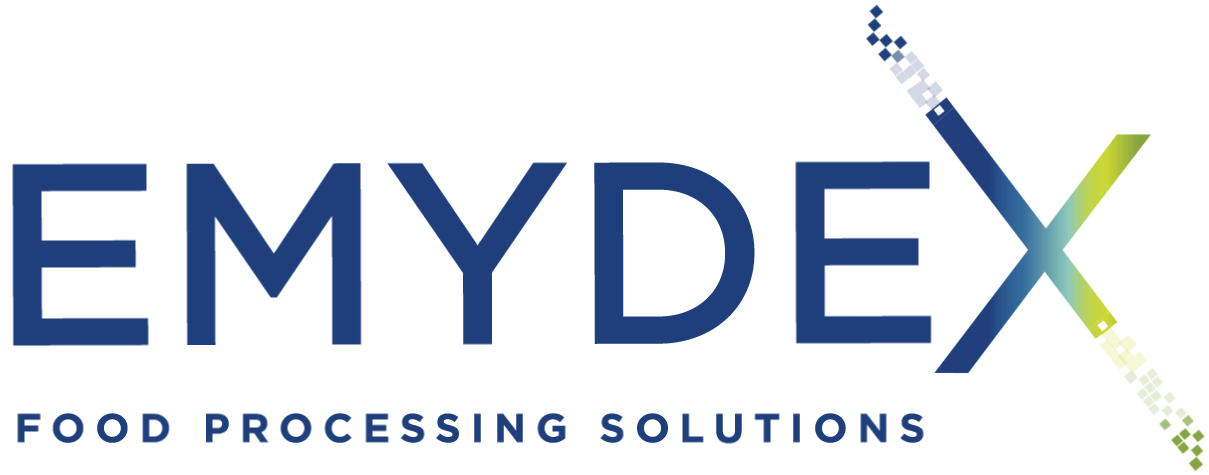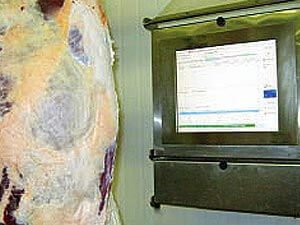Those in charge of the mammoth administrative task of buying and tracing 7.5m head of livestock per year in Ireland have emerged intact from the horse burger controversy.
Much of the credit must go to companies like Emydex in Dublin.
Emydex software is designed to manage food production processes from door to door, from arrival of animals to the abattoir, through kill line, boning hall, warehousing and dispatch.
The system includes real-time links to both the government-run animal movement and tracking systems as well as quality assurance schemes, and provides for full meat traceability.
It manages the complex system of payments to farmers, but also enables customers to run their food production lines more efficiently; manage, control and report on stock; analyse their yields and costs; and report on food chain traceability and factory and operator performance.
Today, Emydex is running in four out of the top five meat producing companies on the island of Ireland, and in more than 40 plants spread all over Ireland, Northern Ireland, England, Scotland, Wales and France.
The company is celebrating its rollout in the Dawn Meats Group, one of the largest suppliers of Irish and British beef, pork and lamb in Europe, and an Emydex customer since 2007. It is planned to complete the Emydex roll-out across the group in 2013, including the lamb processing in Ballyhaunis.
Emydex also supplies software to Kepak, and the Dunbia Group and Moy Park in the UK. The software runs on any compatible hardware system.
Just how complex the challenge is can be seen in the very first step of the meat chain, procuring livestock and paying for them.
Each year, Irish export plants buy almost 1.4 million cattle, 2.5m sheep, and 3.5 million pigs …







